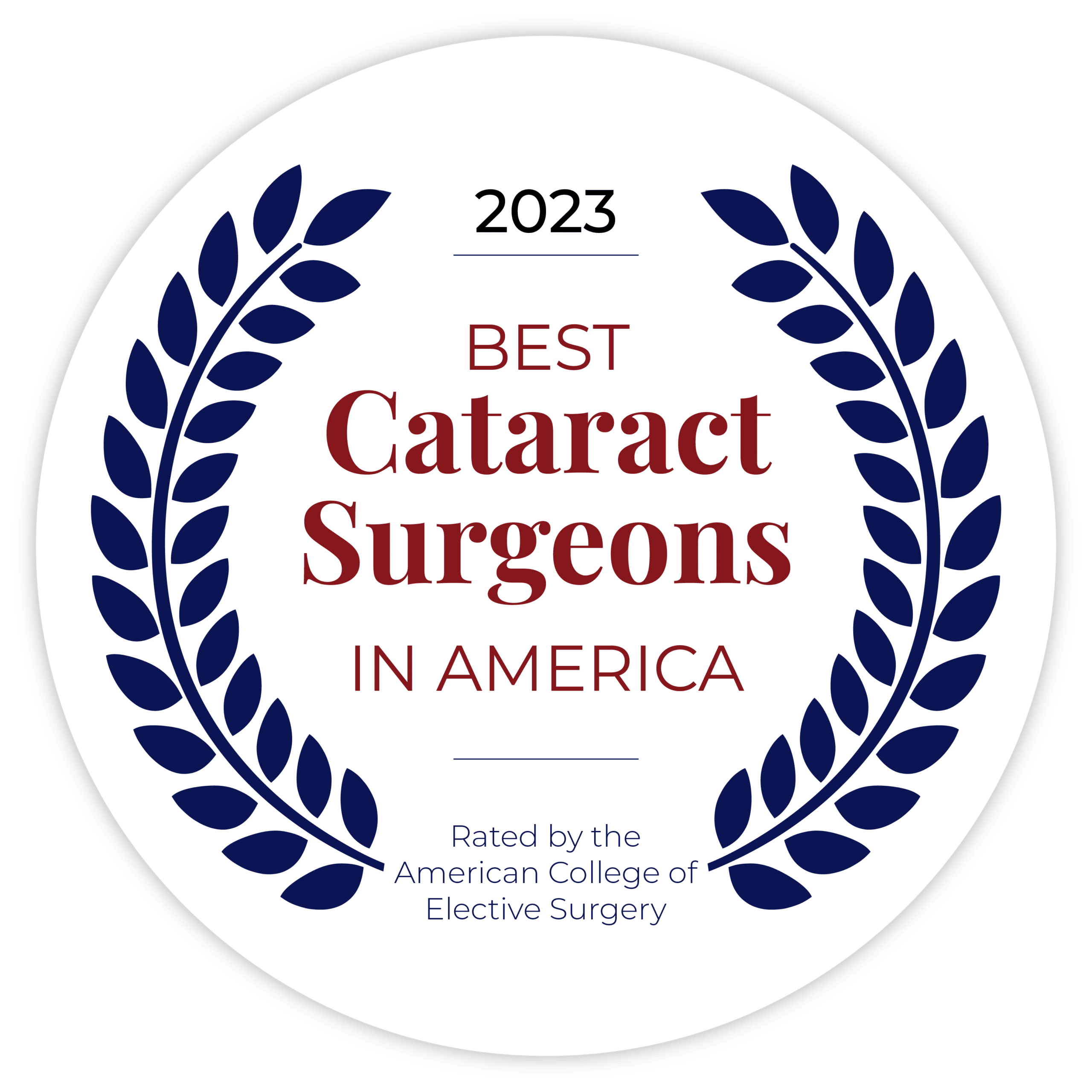March is National Nutrition Month, an awareness month created by the National Academy of Nutrition and Dietetics.
This March, Eye Care Professionals is celebrating National Nutrition Month by highlighting some food – and recipes – that can keep your eyes healthy.
1. Kale
Dark, leafy greens like kale and spinach are filled with antioxidants, which have been found to reduce the risk of some forms of eye disease including macular degeneration.
Allrecipes: Kale, Quinoa, and Avocado Salad with Lemon Dijon Vinaigrette
2. Brussels Sprouts
Brussels Sprouts are an excellent source of vitamin C. Foods rich in vitamin C have been found to reduce the risk of cataracts. Other vegetables that are high in vitamin C include broccoli, radishes, and bell peppers.
Allrecipes: Spicy Brussels Sprout Chips
3. Strawberries
Speaking of vitamin C, strawberries are another great source! Other fruits with high levels of vitamin C include blackberries, grapefruits, and papayas.
Allrecipes: Rhubarb Strawberry Crunch
4. Sunflower Seeds
When was the last time you bought yourself a packet of sunflower seeds? Sprinkle some on your salad, or munch on them as a snack. They’re filled with vitamin E, which can be great for fighting common eye diseases. Almonds and pecans are also excellent sources of vitamin E.
Allrecipes: Crunchy and Delicious Granola
5. Oysters
Oysters are an excellent source of zinc, a mineral that is essential for maintaining a healthy retina.
Allrecipes: Chef John’s Oysters Rockefeller
6. Turkey
Not a big fan of fish? Try having a turkey sandwich occasionally. Like oysters, turkey is an excellent source of zinc.
Allrecipes: Grilled Turkey Reuben Sandwiches
7. Salmon
Salmon (along with other fish including sardines, tuna, flounder, and halibut) is filled with omega-3 fatty acids. These fatty acids have been associated with vision development in infants and may reduce the risk of common eye diseases including macular degeneration, dry eye syndrome and glaucoma.
Allrecipes: Furikake Salmon
8. Carrots
Ever wonder why carrots are associated with good vision? Orange and yellow vegetables and fruits (e.g., carrots, pumpkins, sweet potatoes, and cantaloupe) are filled with beta carotene. This pigment is a precursor to vitamin A, a vitamin that prevents night blindness.
Allrecipes: Curried Carrot Soup
Of course, good nutrition is no substitute for regular visits to your doctor. While some of these foods may reduce your risk of developing certain eye diseases, you should speak with your doctor to learn more about specific steps you can take to keep your vision healthy.
Eye Care Professionals is committed to your eye health. Contact us today to learn more about how you can keep your vision healthy year-round.











